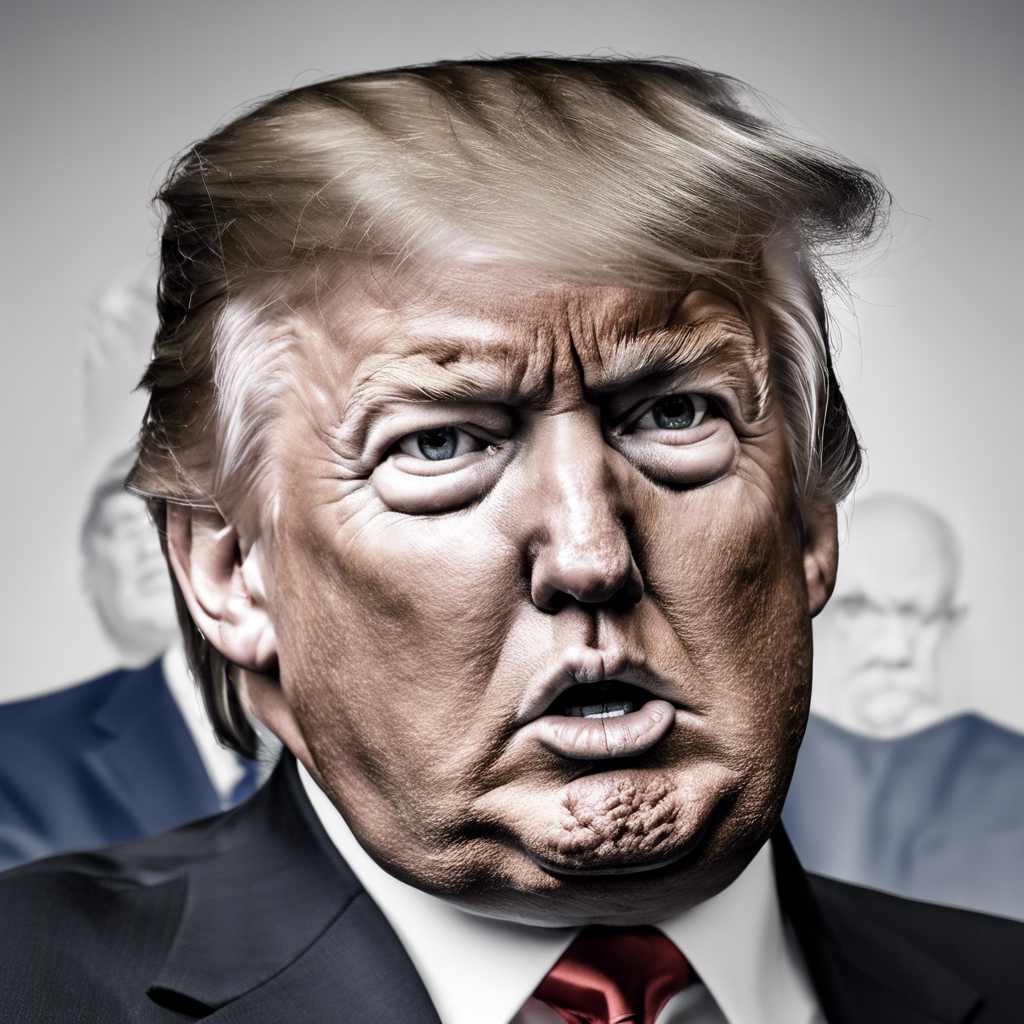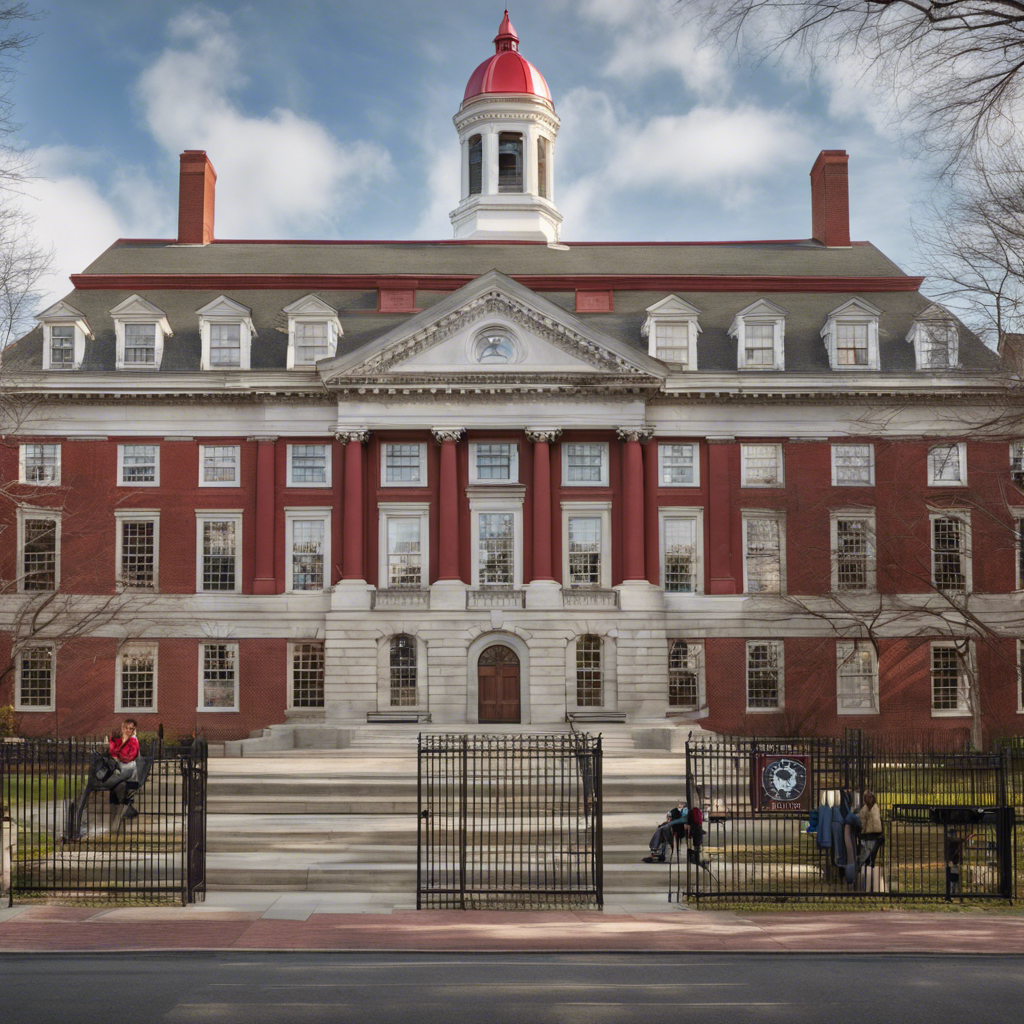Trump Refuses to Testify in Civil Fraud Trial, Claims Bias and Election Interference

Former President Donald Trump announces he will not testify as planned in the civil trial over allegations of financial fraud, citing previous testimony and bias from the New York Attorney General.
Former President Donald Trump has announced that he will not be testifying as planned in the civil trial regarding allegations that he lied about his wealth. Trump took the stand last month but was scheduled to testify for the defense on Monday. In response to his decision, New York Attorney General Letitia James stated that regardless of Trump’s testimony, they have already proven his years of financial fraud and unjust enrichment. This development comes as Trump continues to assert false claims about the 2020 elections, accusing President Biden’s campaign of election interference and dismissing the case against him as a witch hunt.
The Nature of the Case
Trump, along with his sons Donald Trump Jr. and Eric Trump, is accused of knowingly committing fraud by submitting financial statements that inflated the value of their properties and other assets. New York Judge Arthur Engoron has already determined that fraud occurred and held the former president, his sons, and other executives liable. Attorney General Letitia James, who filed the lawsuit after a three-year investigation, seeks $250 million in damages and aims to prevent Trump from conducting future business in New York. The trial is expected to conclude in the new year after closing arguments and a final decision from Judge Engoron regarding penalties.
Testimonies and Allegations
Trump was set to be the defense team’s final witness following a series of testimonies from accountants and expert witnesses. Witnesses for the attorney general’s team included past allies Michael Cohen and Allen Weisselberg. Cohen testified that he and former Trump Organization Chief Financial Officer Weisselberg were responsible for inflating asset values to meet Trump’s requests. Weisselberg, however, claimed he could not recall discussing the financial statements with Trump. Testimony from Trump’s children, Eric, Donald Jr., and Ivanka, shifted blame for the fraudulent financial documents onto others, such as the accounting firm the Trump Organization worked with.
Gag Order and Controversy
A gag order has been imposed on all parties involved in the trial, including Trump, after being temporarily lifted earlier this month. The order prohibits any comments about Judge Engoron’s staff. Court filings reveal that the judge’s legal clerk has received numerous threatening calls, messages, and packages, while Engoron’s chambers have received hundreds of similar threats. Trump has already been fined twice for violating the order, and his potential testimony could have further tested its limitations.
Trump’s Previous Testimony
During his testimony in November, Trump argued that the estimated property values were conservative and claimed he relied on others to compile the financial statements. He also alleged that the attorney general was politically motivated in pursuing the case and made disparaging remarks about Judge Engoron, suggesting bias. The judge, visibly frustrated, called on Trump’s legal team to control their client.
Conclusion: Former President Donald Trump’s decision not to testify in his civil fraud trial has further intensified the contentious legal battle surrounding allegations of financial fraud. As the trial nears its conclusion, the implications of Trump’s refusal to testify and his continued claims of bias and election interference raise questions about the future of the case and its potential impact on his political ambitions. The trial serves as a significant test for the justice system’s ability to hold powerful figures accountable and sheds light on the complex dynamics between politics and the law.



